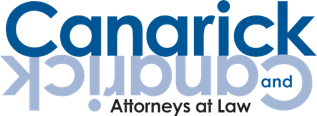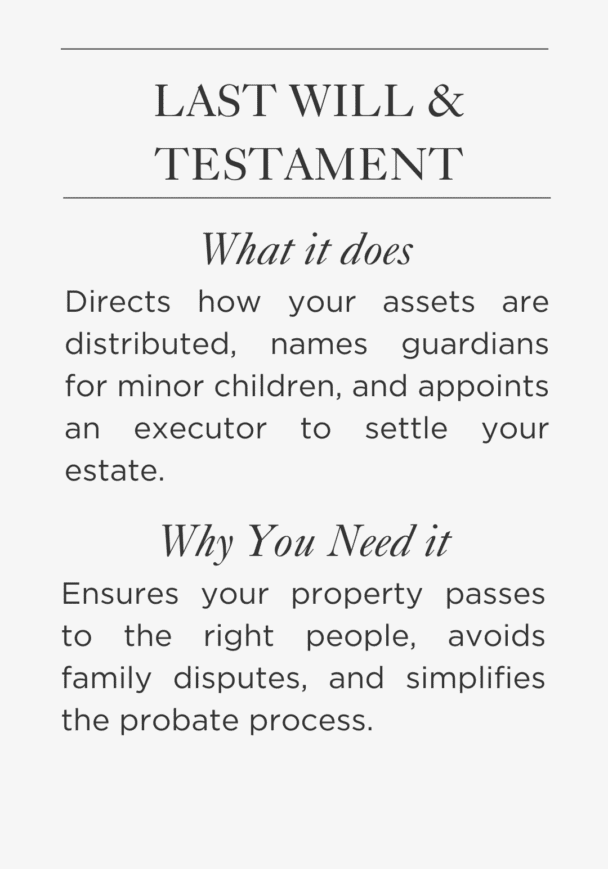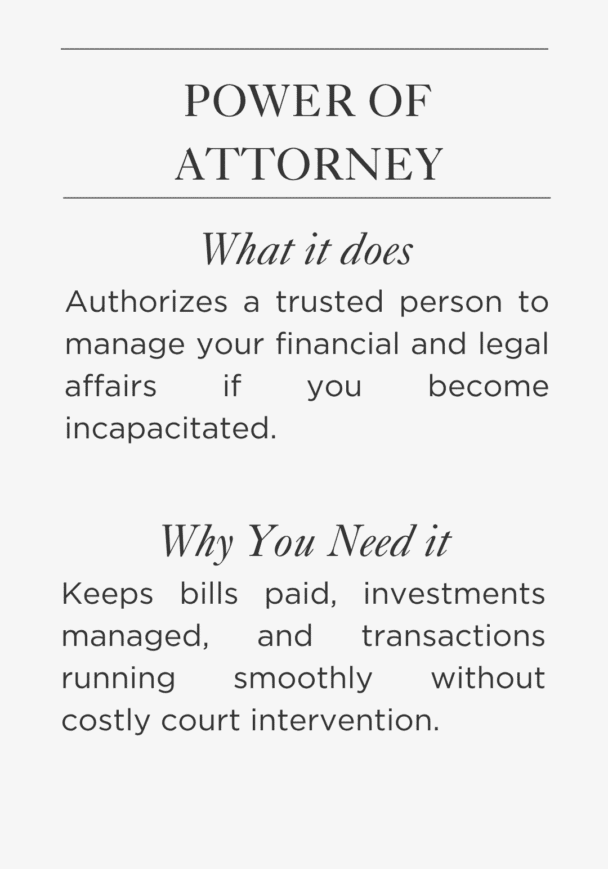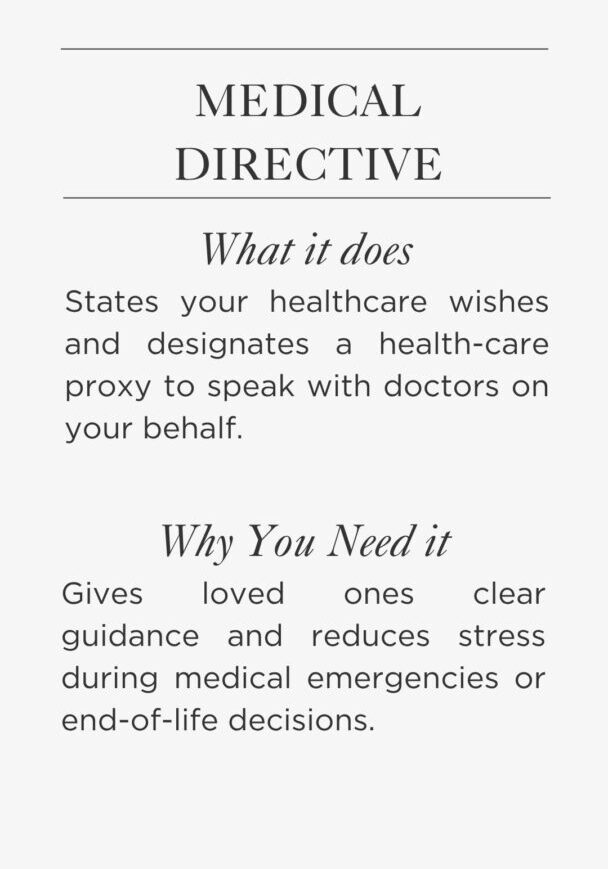Basic Planning

Protecting What Matters Most
Estate planning isn’t just for the wealthy—it’s a practical way to make sure your wishes are honored, your loved ones are cared for, and life’s unexpected turns don’t catch anyone off guard. Our foundational planning centers on three core documents that work together to safeguard your health, finances, and legacy.
Trusts
A trust is a fiduciary arrangement that allows a third party, or trustee, to hold assets on behalf of a beneficiary or beneficiaries. A trust can be created under your will to be effective upon death (testamentary trust) or during your lifetime to be effective immediately (inter vivos trust). Trusts can be arranged in many ways and can specify exactly how and when the assets pass to the beneficiaries.


Revocable Trust
While a basic estate plan typically includes a Will, Power of Attorney, and Medical Directive, many clients also choose to incorporate a Revocable Trust for added control and flexibility.
Though not necessary for every situation, a Revocable Trust can offer significant benefits depending on your goals, family dynamics, and the types of assets you hold. We’ll help you determine if it’s the right fit during your consultation.





